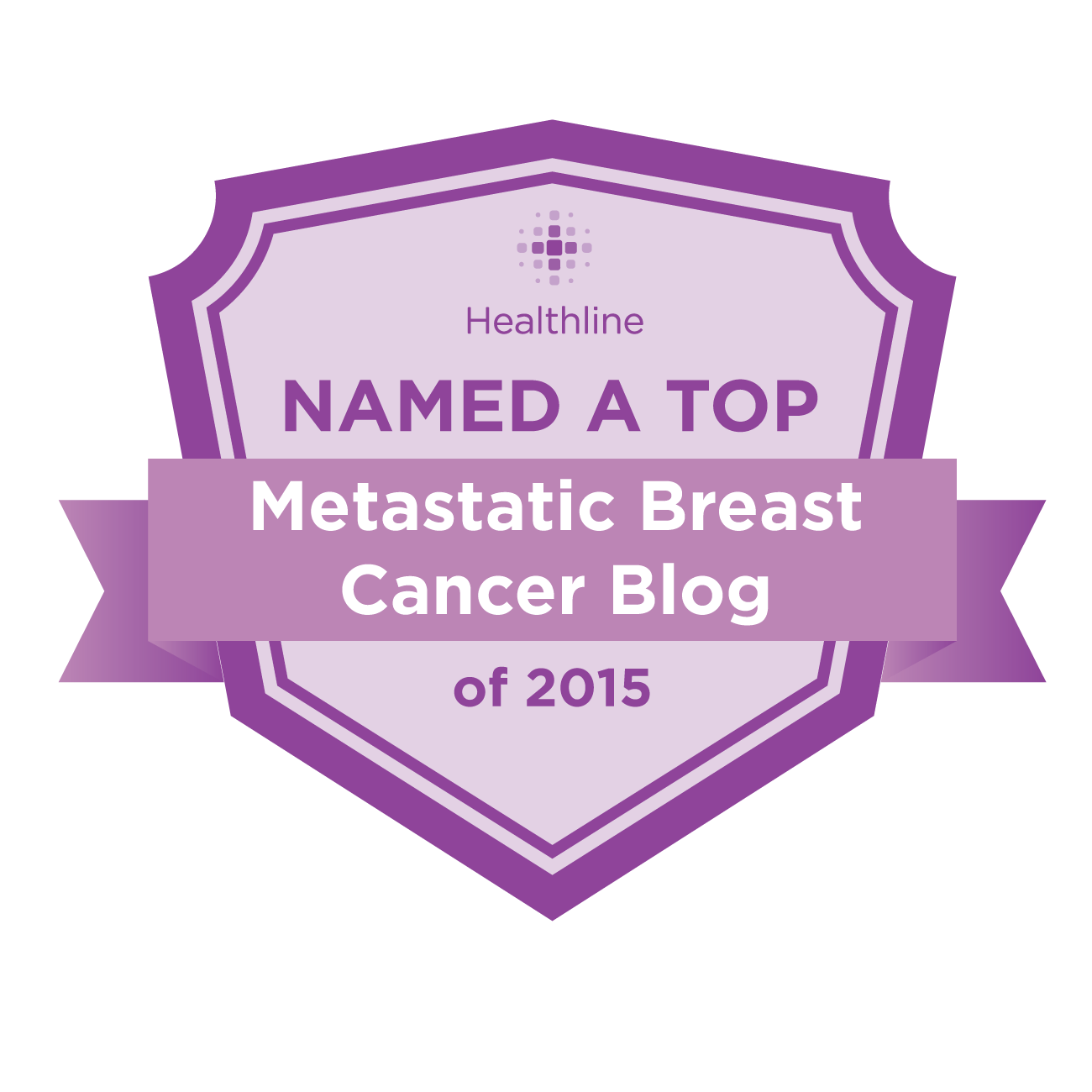I was excited to get this book to review, as it is a nice thick novel about a woman living her life while undergoing treatment for breast cancer, and trust me, those books are few and far between.
All protagonists should be cancer patients, in my worldview. Wouldn't the Hunger Games have been a better book if Katness had breast cancer? I'm not sure she suffered enough in the Games, and a little cancer might have done her some good. We know Gale and Peeta wouldn't have minded, and without breasts she probably could have even shot that bow and arrow straighter.
But, I digress.
As I began To Love, Honor & Cherish, I became slightly disappointed because, despite the name, I had somehow missed that it was a romance novel, a genre I wouldn't normally read. Frankly, I don't have a romantic bone in my body; I'm very un-femalelike when it comes to affairs of the heart. Even so, a romance about a woman with breast cancer is intriguing, and so I didn't let the genre stop me. I know that there are many single women who have breast cancer who are very worried about a man ever finding them attractive again (and some who are married feel the same), and why not write a story for them?
The main character in this book, Andrea Marino, is a nurse and breast cancer survivor who suddenly finds herself facing breast cancer for the second time. Her love is a doctor, who has not long ago lost his wife. As in all romances, how they come together and the obstacles they face make up the bulk of the story. What Andrea has to overcome, her damaged self-image, is obviously difficult but something that all women with breast cancer can relate to.
As I read, I started to feel like I was getting to know the author. Her charm shines through the book and infuses it with her sincere and warm personality. I came to quite like the main character, who was filled with old-fashioned charisma. Just the words and phrasings she chooses lead you to know that this is a woman you would enjoy getting to know.
There were some nits that I won't pick at hard: minor things, such as calling Rhett Butler "Brett," and other small errors that don't interfere with the story. Most of the breast cancer descriptions did ring true for me, but not all. I didn't suffer when I had minor treatments, like biopsies, but I won't quibble that the main character did. A few of the procedures she describes don't match my knowledge, particularly the chemo description. I'd love to know what kind she got that she was in and out in only an hour, and why they didn't give her colony-stimulating drugs when her whites got low instead of give up on chemo altogether, but she never mentions either. And, of course, some of it is all too accurate, like lengthy referral times and rude people in offices.
The main problem I had with this book is there didn't seem to be any kind of editing at all. There were long, repetitive descriptions of boat trips and furniture buying that an editor would have cut out. It's not that they were badly written, but that level of detail about mundane things that didn't move the story forward is completely unnecessary.
However, I remind you that I am not interested in romance and love scenes, and when faced with them I behave more like a 12 year old boy than a grown woman; I'm more likely to stick my finger down my throat and pretend to barf than swoon. So, my comments are really just because it's not my style rather than a reflection on the book itself. Most of the book is charming, and may provide a hopeful fantasy for single women who have cancer. Finding a strong, handsome man who doesn't mind reconstructed breasts, who helps you through treatment, and who provides support along the way and a few boat rides is not a bad thing. There are bumps in the road, as in every cancer patient's life, and Andrea, while strong and resilient, shows her vulnerability and need as well as her strength.
This is a love story written for breast cancer patients; a niche market for sure. Many women will relate to the idea of starting a new romance with a changed body and overcoming a damaged self-image. Anastacia Faraci and her book fills that need.
.
“Angel Wishes” - new artwork
5 years ago












